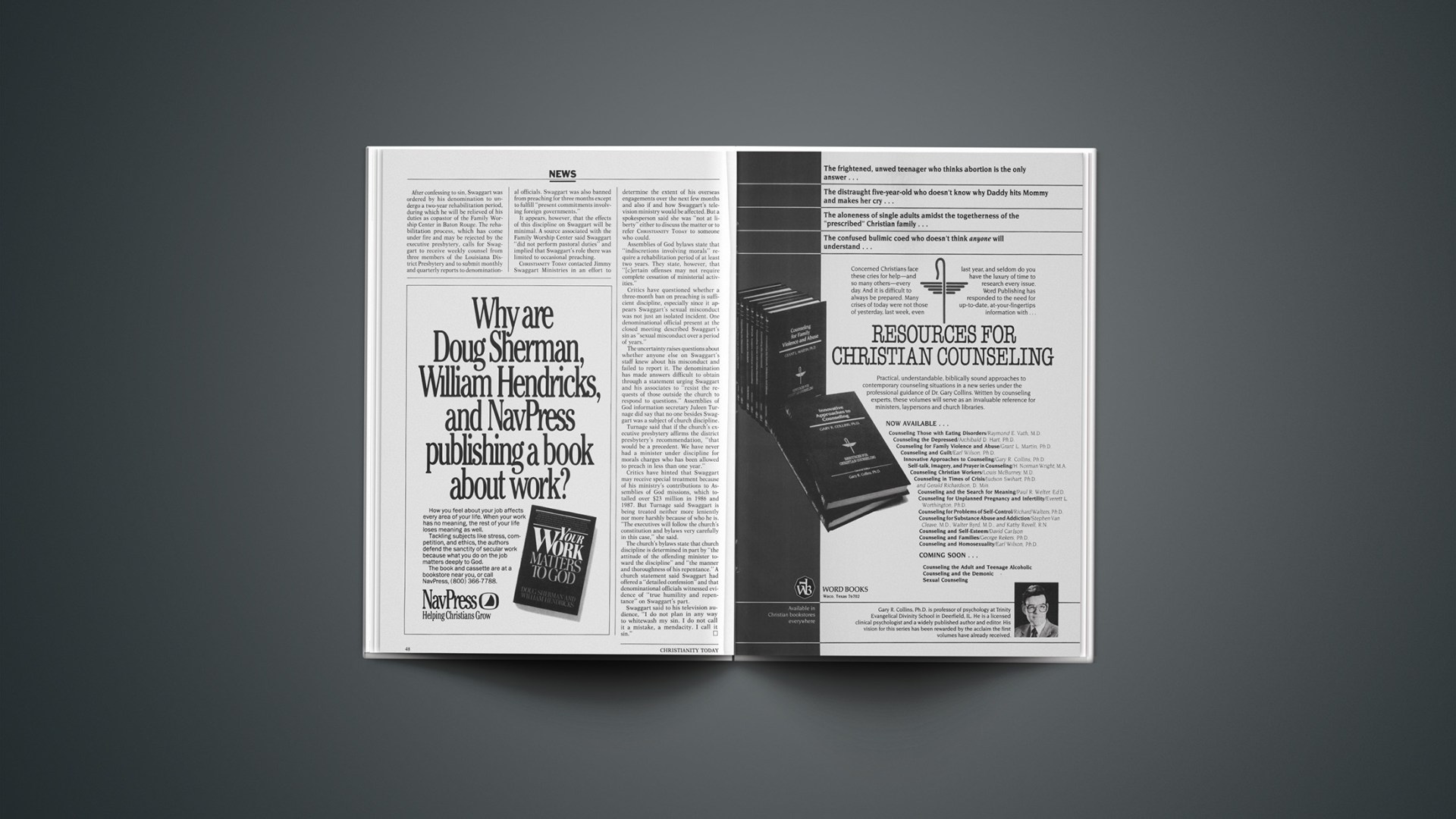The U.S. Supreme Court has refused to hear an appeal from parents who say their children’s textbooks offended their families’ religious beliefs. The high court’s action reaffirmed a lower court ruling that public schools did not have to excuse children from classes using textbooks the parents found objectionable. The action also ended a lengthy and highly publicized battle that pitted fundamentalist Christian families against the Hawkins County (Tenn.) public school system.
The battle began in 1983, when seven families objected to the Holt, Rinehart & Winston reading series. They cited passages that they believed advanced witchcraft, astrology, pacifism, and feminism.
In October 1986, a federal court sided with the parents. Judge Thomas G. Hull ordered the schools to allow the children to “opt out” of the classes and be taught those courses at home. He also awarded the families more than $50,000 in damages.
However, last August a three-judge appeals panel unanimously overturned Hull’s decision, saying the required reading did not “create an unconstitutional burden” because the students were not required to “affirm or deny a belief” (CT, Oct. 2, 1987, p. 50). In refusing to review the case, the Supreme Court closed the last legal door open to the parents.
People for the American Way (PAW), the liberal lobby group that supported the school system in the case, called the action “a victory for schools and religion.” PAW Chairman John Buchanan said the outcome sends “a clear message to educators, parents, and students about the commitment to pluralism and diversity in our nation’s public schools.”
Concerned Women for America (CWA) spokeswoman Rebecca Hagelin called the Supreme Court’s action a “devastating blow for religious toleration in the classroom.” Hagelin said the Court’s action means “parents have no voice in the public school system” and “the free exercise clause [of the Constitution] does not extend to school children.” CWA had provided legal counsel for the parents. Hagelin said her group believes the ruling is “so coercive” it will prompt the filing of other cases about religious toleration in the public schools that the supreme court may one day hear.










